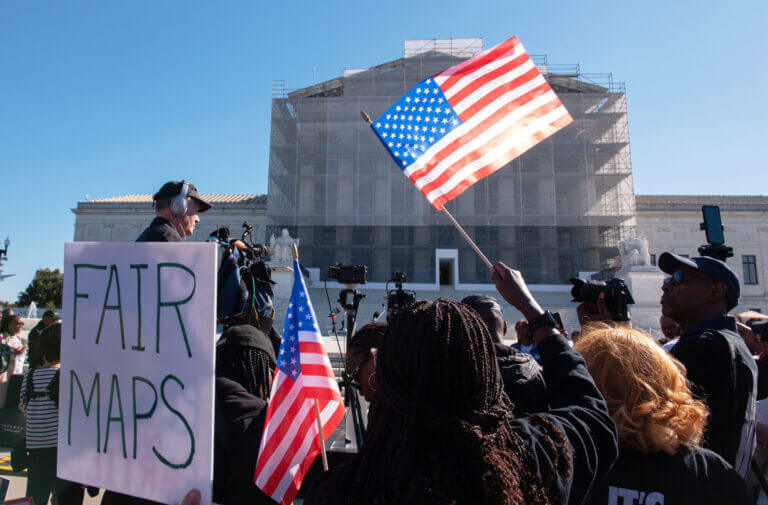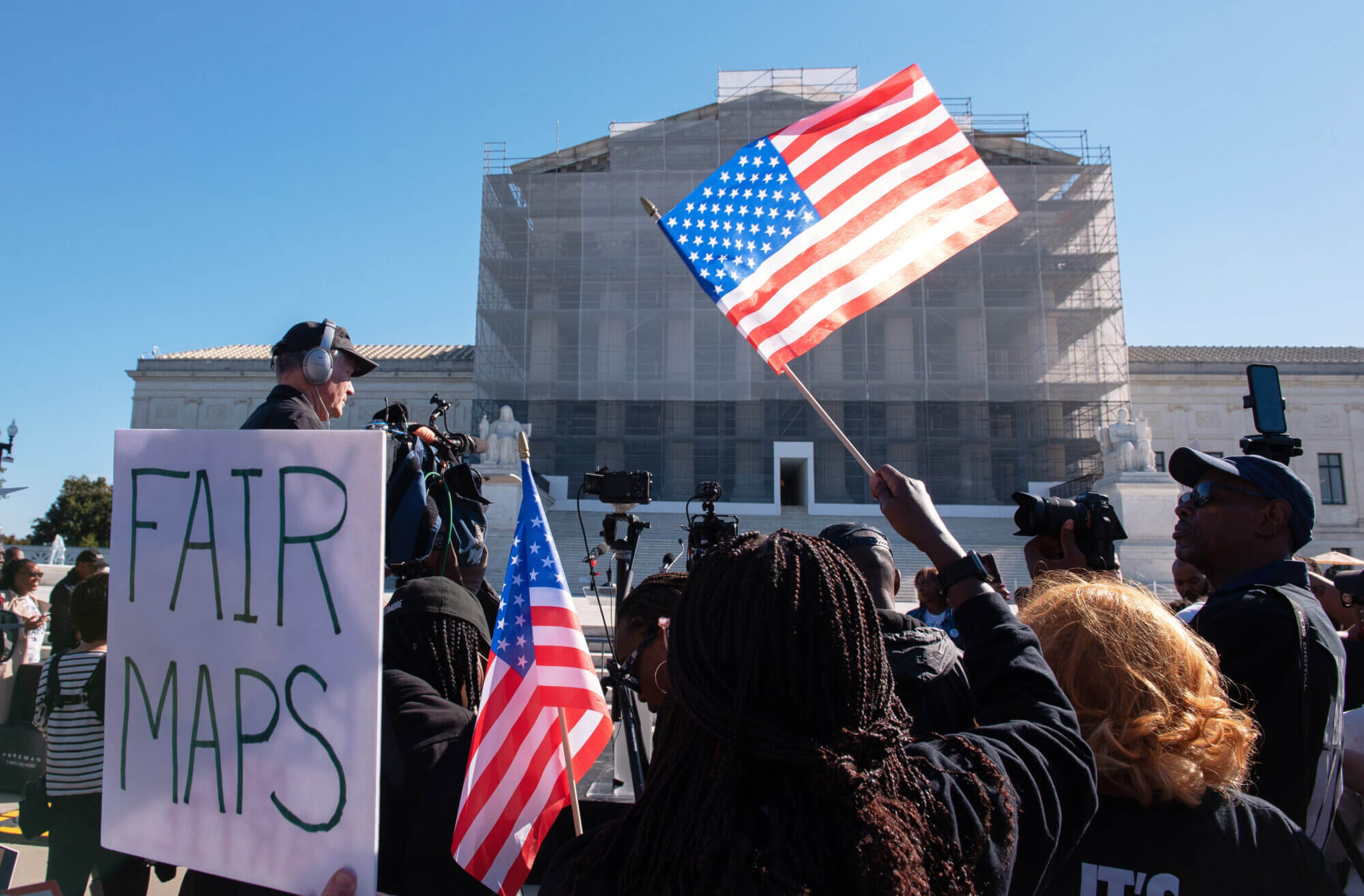

Mississippi has one of the nation’s highest percentage of Black state legislators.
That should not be a surprise since Mississippi has the highest percentage of Black people of any state in the nation.
Despite Missisisppi’s large Black population, without the Voting Rights Act of 1965 the number of African Americans serving in the Mississippi Legislature would be far fewer than it is now. There is no disputing the fact that the Voting Rights Act has resulted in more Black people serving in the Mississippi Legislature and indeed in every level of government in the state – from the local to the national level.
Even with the Voting Rights Act, the number of majority-Black districts in the Mississippi Legislature – about 34% of the 174 seats – is less than the percentage of Black people in Mississippi’s total population – about 38%.
Before the Voting Rights Act, there were no elected Black officials in Mississippi during the 20th century except for those in the all-Black town of Mound Bayou.
This past week, the United States Supreme Court heard arguments on whether the section of the Voting Rights Act that ensures a certain level of minority representation in the drawing of political boundaries, such as for state legislative seats, city council seats and U.S. House seats, should be repealed.
Louisiana, which was forced by the courts to draw a second majority-Black congressional district this decade to meet the requirements of the Voting Rights Act, argued before the court that race should not be a factor in redistricting. Louisiana was assisted by President Donald Trump’s administration in its arguments.
The case before the Supreme Court is a big deal. A decision by the court to gut the Voting Rights Act could provide a monumental boost to the desperate and unprecedented efforts of the Trump administration to convince some states to redraw their congressional districts to provide Republicans more safe seats before the 2026 midterm elections. The effort is part of a strategy by Trump to hold onto the small Republican majority in the U.S. House.
It appears some members of the Supreme Court – perhaps a majority – believe that the protections from racial discrimination provided by the Voting Rights are no longer needed. The nation has moved beyond that, they argue.
No doubt, there has been substantial progress made toward halting racial discrimination since the Voting Rights Act was signed into law by President Lyndon Johnson.
But it is worth remembering that in the 2010s, provisions of the Voting Rights Act were used to successfully argue a Mississippi Senate seat that covered 102 miles in various nonsensical directions on the fringes of the Delta was drawn to dilute the Black vote while protecting a white incumbent. Or more recently, the principles of the Voting Rights Act were followed to create three additional majority-Black districts in the Mississippi Legislature.
And it is worth pointing out that state Auditor Shad White, a Republican who aspires to be Mississippi’s next governor, took to social media to celebrate the possibility of the gutting of the Voting Rights Act.
“I hope they will rule that the kind (of) gerrymandering that has protected Bennie Thompson for years is out,” White wrote. “If they do, Mississippi should immediately move to create simple districts that are not gerrymandered to protect Bennie Thompson.”
Thompson, first elected to the U.S. House in 1993, is Mississippi’s lone Black congressman. He has been the only Democrat in the state’s delegation in Washington since early 2011, when 22-year Rep. Gene Taylor left office after losing to a Republican in south Mississippi.
Perhaps Auditor White does not know that Thompson lobbied the Mississippi Legislature to draw his district more compact after the 2020 Census. But the Legislature opted to draw Thompson a sprawling district that extends almost the length of the western side of the state – at least in part to protect Republican congressmen by packing as many Black residents as possible into Thompson’s district and keeping the other three districts whiter.
In a 2018 interview with Mississippi Today, Thompson spoke of the impact of the Voting Rights Act.
As a student at Tougaloo College in the 1960s, he was working in the Delta to help register Black people to vote when he had a conversation with his mother, who said, “You know we don’t vote here in Bolton. It was a shock to me that I was up in Sunflower County helping register Black people to vote and even in my hometown they didn’t enjoy the same luxury.”
Thompson said that his father, an auto mechanic who died in 1964 before passage of the Voting Rights Act, never voted. His mother, a school teacher, did and most likely cast her first vote for her son when he ran and was elected in 1969 to the Board of Aldermen in his hometown of Bolton.
Without the Voting Rights Act, that would not have been possible. And without the Voting Rights Act today, it is safe to assume there would be fewer Black people elected to office, not just in Mississippi but throughout the nation.
Some might say that is a good thing. But is it really?
- State fire marshal is investigating troubled Unit 29 at Parchman prison - February 26, 2026
- Mississippi’s Winter Storm Fern losses exceed $107 million, state insurance department says - February 26, 2026
- DNA evidence linked to a Greenville homicide is missing. Now the finger-pointing begins - February 26, 2026